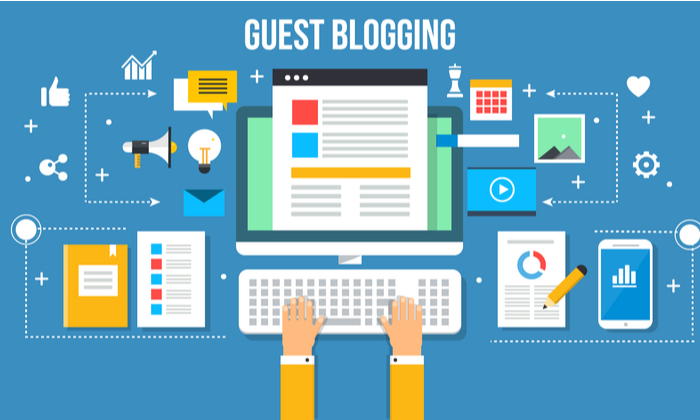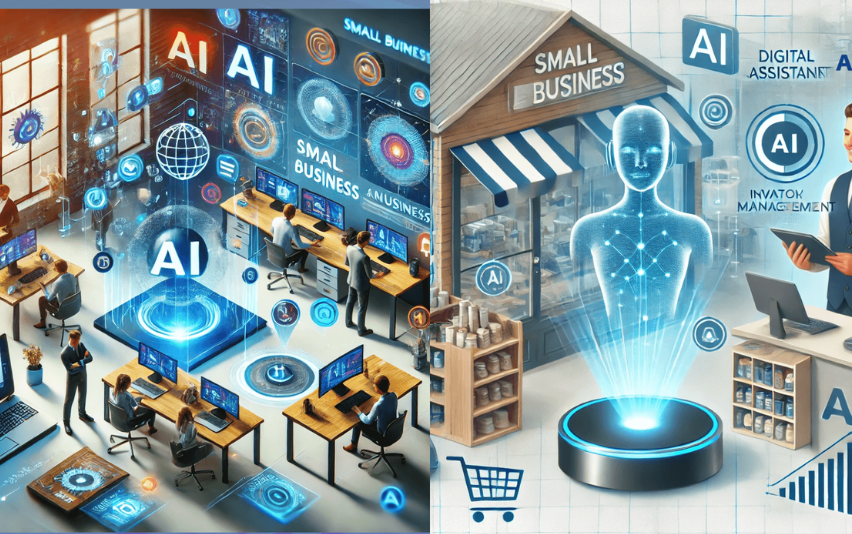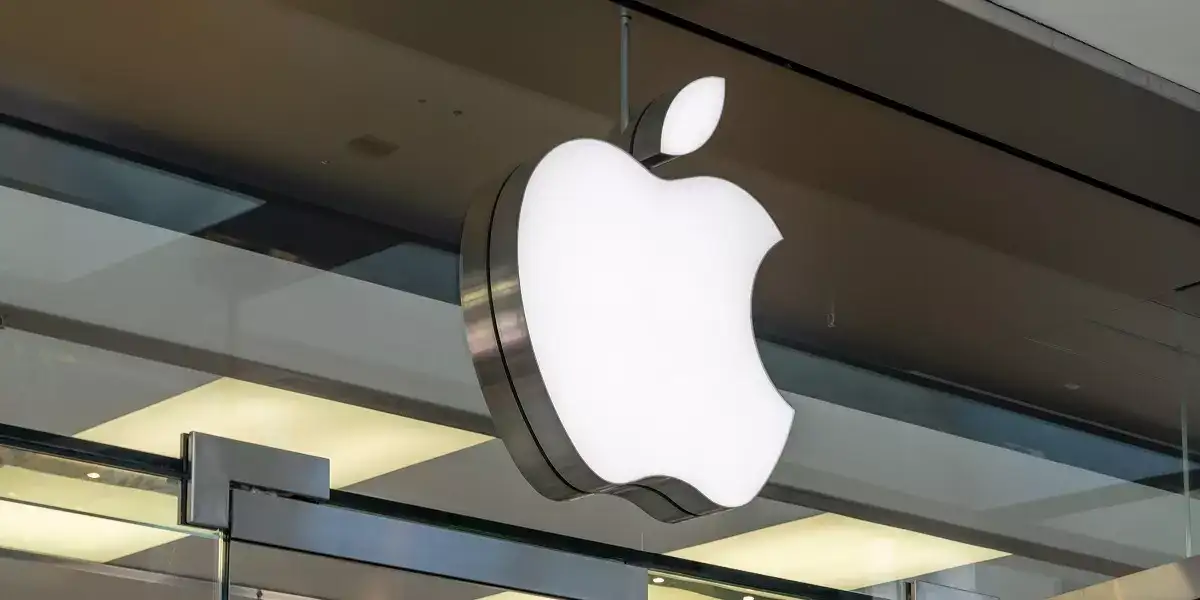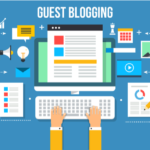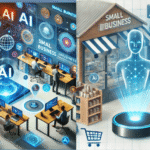AI Meets Public Service
In a landmark move for AI adoption in government, OpenAI has announced a formal partnership with the U.S. Government to provide advanced AI tools for federal employees. This collaboration aims to enhance productivity, decision-making, and citizen services by integrating AI into daily government operations.
The agreement comes at a time when AI tools like ChatGPT and generative AI assistants are being recognized for their potential to revolutionize workflows—not only in the private sector but also in the public service domain.
Why This Partnership Matters in 2025
The importance of AI in government has grown significantly as agencies seek faster, more accurate solutions for administrative and operational tasks. By partnering with OpenAI, the U.S. Government is:
- Modernizing Public Services – Offering AI-powered solutions to handle citizen queries, streamline reports, and process large datasets.
- Boosting Employee Productivity – Federal workers can now use AI productivity tools to automate repetitive tasks and focus on complex decision-making.
- Strengthening National Competitiveness – Positioning the U.S. as a leader in AI-powered governance.
How Federal Employees Will Use OpenAI Tools
Under this partnership, federal employees will have access to AI tools designed for secure, efficient, and scalable use. Potential applications include:
- Drafting and editing government reports with ChatGPT-5 features
- Translating documents for multilingual communication
- Analyzing public feedback and survey data
- Automating meeting summaries and internal communications
- Using AI-powered assistants to assist with research and policy development
The Role of ChatGPT-5 in Government Operations
OpenAI’s latest model, ChatGPT-5, is central to this initiative. Known for its enhanced reasoning, faster performance, and safer outputs, ChatGPT-5 will help agencies:
- Generate data-driven insights for policy-making
- Deliver clear, concise public information
- Provide AI-powered customer service for federal helplines
The ChatGPT-5 performance upgrade ensures that even complex tasks like legal document review or technical project planning can be handled with high accuracy.
Security and Privacy Considerations
Given the sensitivity of government data, this partnership emphasizes:
- Data Encryption – All interactions will comply with federal cybersecurity standards.
- Restricted Access Models – Custom AI deployments to ensure sensitive data never leaves secure networks.
- Ethical AI Use – Clear guidelines to avoid bias, misinformation, and unauthorized data use.
These measures are designed to align with U.S. Government compliance frameworks, ensuring AI tools remain safe, reliable, and transparent.
Impact on the AI Industry
This partnership sets a new precedent for public-sector AI adoption. If successful, it could inspire:
- Other countries to explore similar AI integrations in government services.
- Wider use of AI business applications for public administration.
- Increased investment in AI-powered governance solutions from tech companies.
Possible Challenges Ahead
While the partnership is promising, it comes with challenges:
- Employee Training – Federal staff will need AI literacy programs to use tools effectively.
- Change Management – Shifting workflows from manual to AI-assisted could face resistance.
- Budget Allocation – Scaling AI infrastructure across multiple agencies requires investment.
How This Connects to AI Tools for Businesses
Interestingly, many AI tools for business automation—like automated reporting, customer service chatbots, and data visualization dashboards—are now being adapted for government use. This crossover highlights how AI technology can transform both corporate and public sectors.
The partnership between OpenAI and the U.S. Government marks a turning point for AI in public service. By making AI tools available to federal employees, this collaboration promises faster service delivery, improved decision-making, and a more tech-enabled government workforce.
With ChatGPT-5 for productivity, data analysis, and communication, this initiative could set the gold standard for AI-powered governance—and position the U.S. as a global leader in ethical and effective AI deployment.


